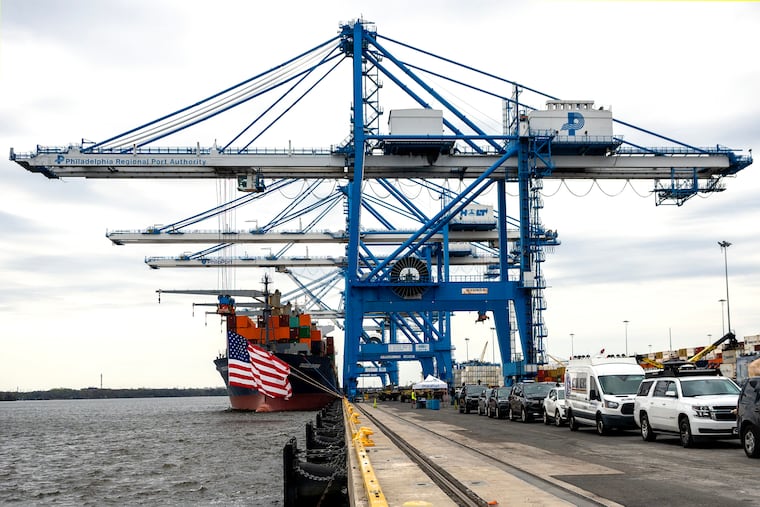One Year Later, Accountability Remains Lacking for Nigeria Protest Killings

On the first anniversary of the August 2024 protests in Nigeria, Amnesty International has emphasized the need for accountability following tragic incidents of police violence during demonstrations against soaring living costs. In its recent statement, the human rights organization noted that at least 24 individuals lost their lives when security forces responded with force to widespread protests highlighted by the rallying cry #EndBadGovernanceInNigeria.
The protests were sparked by deep frustrations surrounding rising fuel prices and inflation, attributed to government reforms aimed at revitalizing the economy. Despite these transformative efforts, the reactions to them elicited a significant backlash from citizens seeking a better quality of life. Amnesty International’s investigation revealed disturbing accounts of extrajudicial actions, with police engaging in operations that involved live ammunition directed at protesters, raising serious concerns about the use of lethal force.
Isa Sanusi, director of Amnesty International Nigeria, articulated the ongoing frustration over the lack of legal repercussions for those involved in these human rights violations. He underscored that no members of the security forces have been held accountable for the killings, affirming that a comprehensive investigation and prosecution of the responsible parties are essential for justice.
Local authorities have been criticized for their failure to guarantee the rights to freedom of expression and peaceful assembly. The Nigerian government, despite introducing much-needed economic reforms—like the floating of the naira currency—has faced severe backlash regarding the handling of dissent, indicating that while the country pursues fundamental economic changes, the means of addressing grievances must also evolve to align with democratic standards.
Amnesty further condemned the ongoing legal proceedings against hundreds of protesters, which have been characterized by accusations that some of the charges possess political underpinnings rather than legitimate legal foundations. Protesters have faced charges ranging from inciting mutiny to leveraging the internet for organization, suggesting an environment of fear and suppression undermining civil liberties.
In a related development, there has been public outrage over the treatment of minors who were jailed during the protests, prompting government intervention that led to their eventual release. While the refocusing of public attention on these issues is promising, continued vigilance and commitment to true accountability remain vital.
This year serves as a critical juncture for Nigeria as it reflects on the balance between economic reform and maintaining an inclusive space for civic engagement. The path to justice and accountability will necessarily involve comprehensive reforms to address the root causes of unrest.
#PoliticsNews #MiddleEastNews






